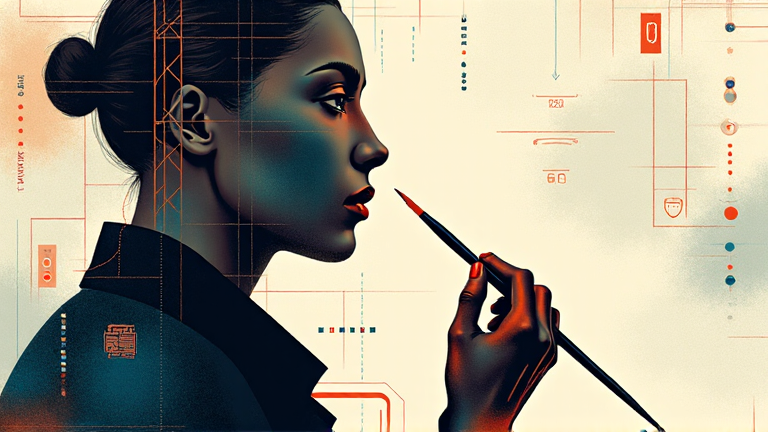
Exploring AI and Copyright: Where Humans and Machines Meet
In a landmark decision, the US Copyright Office has firmly established that works generated solely by artificial intelligence, without human intervention, are ineligible for copyright protection. This decision, articulated in a recently published report, highlights the growing complexity surrounding AI's role in creative processes and the implications for intellectual property rights.
Human Contribution: The Key to Copyright
The agency's report addresses the nature of human involvement in AI-generated work as the pivotal element in determining copyright eligibility. Despite the USCO's receipt of over 10,000 public comments—most of which support the current legal framework applicable solely to human creations—debate persists around generative AI products that involve minimal human input. This necessitates a case-by-case evaluation to establish the necessity for new legal standards tailored to AI-generated content.
Assistive AI: Maintaining Copyright Protection
Contrasting with purely generative AI services, assistive AI tools used in creative processes do not compromise copyright protection. This bifurcation acknowledges AI's role in enhancing creativity, as exemplified by applications in the film industry for aging effects or scene modifications, without substituting human creativity. Thus, while AI support in refining or editing content may be permissible, its deployment as the primary creator does not meet the criteria for copyright protection.
AI-Generated Images: A Stance on Generative Tools
Presently, images created via platforms like Midjourney are not protected by copyright. Regardless of the intricacy of the input prompts, the output from these AI tools is considered devoid of the necessary human creative input, relegating the process to chance without substantive artistic control.
Navigating New Frontiers in AI and Copyright
This report forms part of an ongoing series examining AI's impact on copyright law. The inaugural report, released in July, advocated for legislative measures against deepfakes, while the forthcoming third installment will explore the contentious topic of AI model training. Specifically, it will question whether AI companies should be allowed to profit from creating models based on copyrighted works without compensating original creators.
Through these reports, the USCO aims to chart a course for adapting copyright legislation to accommodate the rapidly evolving field of artificial intelligence, preserving the balance between innovation and the protection of human intellectual property.
Note: This publication was rewritten using AI. The content was based on the original source linked above.